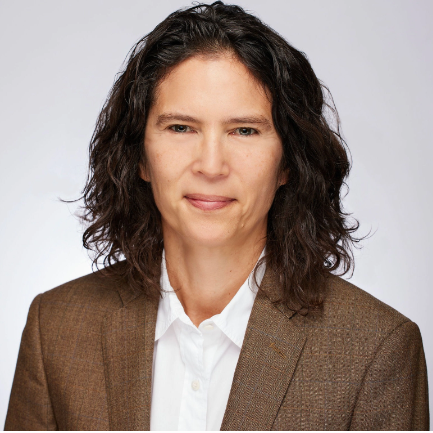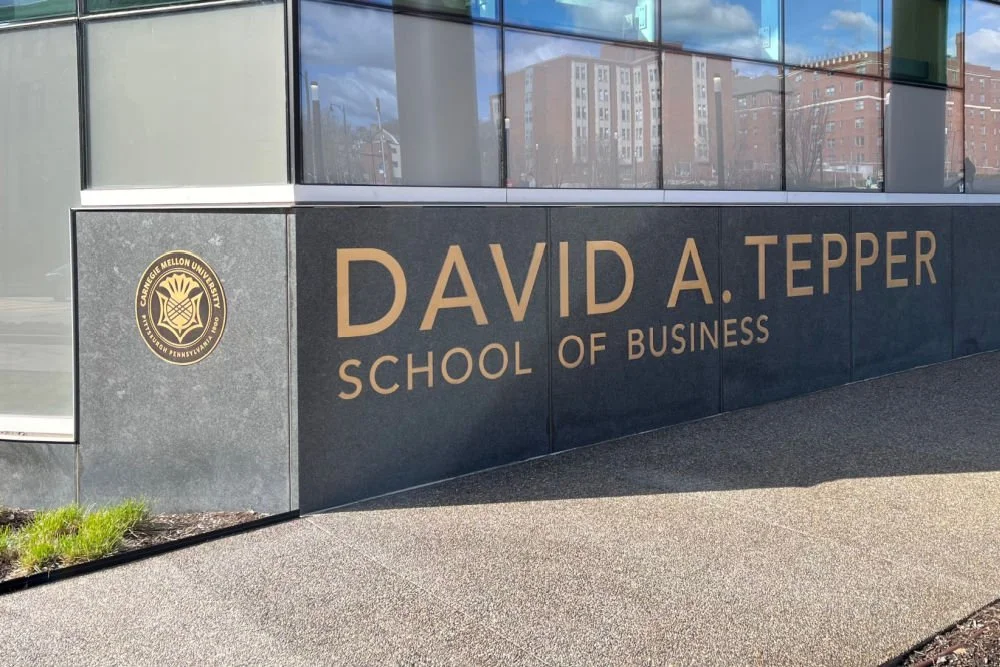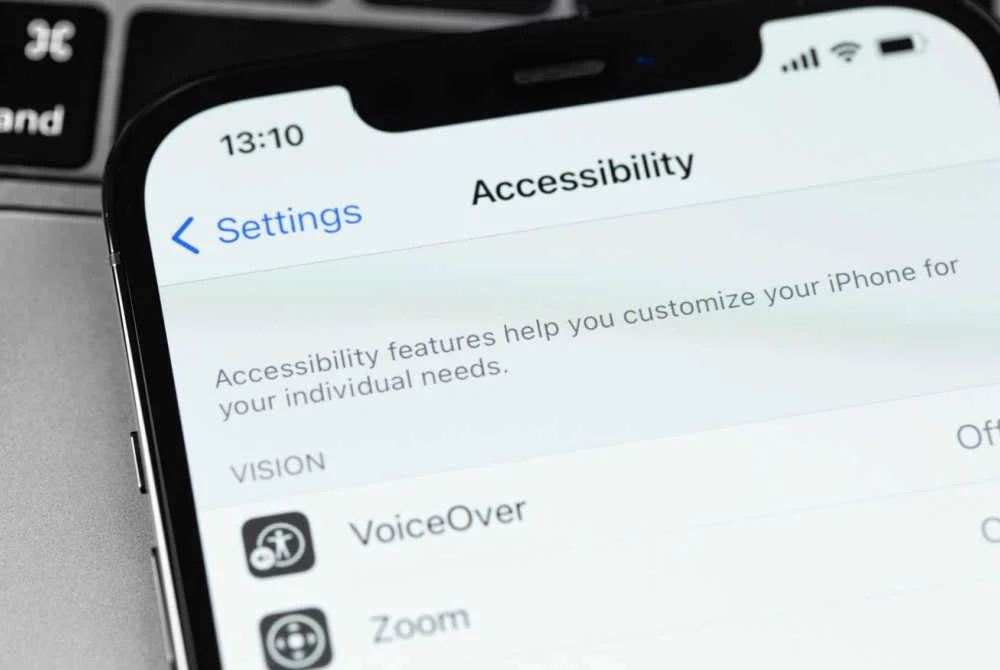“Force Multiplier.” A Partnership to Upskill America's Workers Is Expanding
/YORIK/shutterstock
When the Markle Foundation first rolled out its Rework America initiative in 2014, the Great Recession was more visible in the nation’s collective rear-view mirror than it is today. Since then, despite a strengthened economy, the problems Markle identified remain entrenched. Namely, record-low unemployment numbers belie a polarized workforce in which so-called middle-skills jobs—those requiring a certain level of technical expertise, but not necessarily a college degree—are going unfilled. Meanwhile, millions of workers remain stuck in dead-end jobs that don’t pay a living wage or include benefits.
Philanthropy’s attempts to bridge this heartbreaking chasm and upskill the American workforce have been numerous over the past several years, driven primarily by corporate funders keen to promote economic mobility in ways that also address their own future labor force needs. Digital tools and online engagement are among the favored strategies, and we’ve covered several of those initiatives from companies like Google and JPMorgan Chase.
Markle’s Skillful initiative, which grew from its Rework America effort, is another example. Like some of its cousins, Skillful has focused on workforce development in specific places, beginning with Colorado. It has also been a magnet for partners across different sectors. As we’ve reported, it attracted sizable funding from Microsoft Philanthropies last year, in addition to ongoing support from LinkedIn. A host of Colorado nonprofits, along with the state government under Governor John Hickenlooper, have worked with Skillful. And early this year, the initiative rolled out its Skillful State Network, oriented toward policymakers, with sign-on from the governors of 20 states.
Related: Can Funder-Backed Online Tools Help Close the Employment "Skills Gap?"
Given Skillful’s broadening scope, it was only a matter of time before its full-on expansion to another state: Indiana, in this case. Skillful Indiana brings together resources from Markle, Microsoft Philanthropies, LinkedIn, Walmart and the Lumina Foundation, with implementation support from Purdue University, Purdue Extension, and the state government of Indiana, along with local workforce development boards.
Pointing to the state’s “strong pro-growth business climate,” Indiana Governor Eric Holcomb remarked in a news release that “Skillful Indiana will serve as a force multiplier—strengthening and building upon workforce efforts already underway to connect people with the skills they need for high-wage, high-demand jobs.”
Like many states in Skillful’s State Network, Indiana hasn’t uniformly benefitted from the surging national economy. Parts of the state continue to struggle with the legacy of industrial decline and the broader challenge of creating opportunity in rural communities. Philanthropic partnerships with the public sector, nonprofits and anchor institutions like universities may comprise one way forward for distressed local economies. The Lilly Endowment’s funding for Indiana University’s Center for Rural Engagement is a recent example of some of the creative new activity that’s afoot.
So how exactly does Skillful Indiana intend to build up a “skills-based labor market” in the Hoosier state? For the most part, it’ll draw from practices already developed in Colorado, which include online tools geared toward jobseekers and employers, professional development for career coaches, and partnerships with higher education. It’ll also work directly with Indiana employers to encourage skills-focused hiring practices and on-the-job skills development.
Since its inception, Skillful has evolved from a set of digital workforce development tools into a more diverse set of initiatives embracing a wider range of partners. And its state-by-state focus may yield dividends, especially if more regional funders and policymakers throw in their support. Making all this happen is a significant accomplishment for the Markle Foundation, a modest-size funder that last reported assets of $119 million. Under Zoë Baird’s longtime leadership, Markle has leveraged those resources with a combination of ideas and hustle.
Still, as we often point out, skills-based workforce development is no cure-all. It’s difficult to meaningfully scale these initiatives, and although their focus on middle-skill jobs is laudable, the current economic upturn has created far more low-skill jobs—most of which pay neither a living wage nor benefits. Some of the very funders who back Skillful and similar efforts are well known for their reliance on low-wage workers—Walmart in particular. Meanwhile, Indiana is among the states that’s resisted policy changes that would benefit less skilled workers, with a minimum wage that’s been stuck at $7.25 since 2009.
At best, workforce funders like Markle can only hope to make improvements at the margins of an economy in which nearly all the gains from growth and productivity go to affluent households.
To be sure, though, such improvements can be transformative for those individuals who benefit. One of the more promising avenues for initiatives like Skillful is their potential to shift how employers view credentials. These days, a college degree is almost a necessary requirement for upwardly mobile employment. But at the same time, rising numbers of degree holders in the general population (a trend fueled by readily available student loans) locks many college graduates out of well-paying roles as employers engage in a race to the top for credentials. The providers of those credentials benefit, but the workforce isn’t necessarily better off.
By fostering a hiring environment that prizes specific skills over degrees or school names, funders like Markle are helping to chart a new path for economic mobility.
Related:







































